Beiträge
-
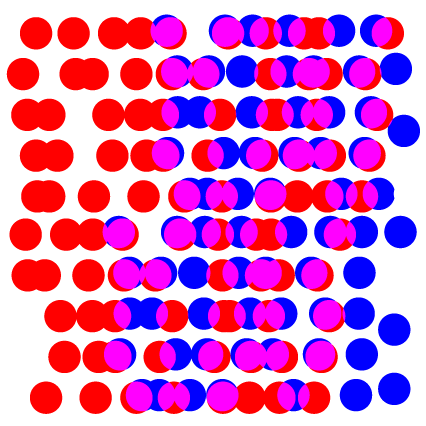 Discourse Analysis as Critique
Discourse Analysis as CritiqueThis paper intervenes in the discussion about the relationship between discourse analysis and critique. It argues that this relationship can be understood either as an external or as an integrated relationship. In an external relationship, there is first social criticism that is then braced by discourse analysis, that is, the latter aims at giving empirical credence to the critique. However, such an external relationship cannot give us any insight concerning the critical potential that is specific to discourse analysis, precisely because in this case critique exists before and independent of discourse analysis. If, however, critique emanates from discourse analysis itself, we would speak of an integrated relationship and would no longer speak of discourse analysis and critique, but of discourse analysis as critique. It is argued that such an integrated relationship becomes visible once we think of discourse analysis as being itself a discursive formation and ask what unsettling effects this formation has on research objects, on subject formations and on the academic production context in which they are conducted.
-
 Antagonismus und Antagonismen – hegemonietheoretische Aufklärung
Antagonismus und Antagonismen – hegemonietheoretische AufklärungIn Oliver Marchart (Hrsg.) Ordnungen des Politischen. Einsätze und Wirkungen der Hegemonietheorie Ernesto Laclaus, 81–102. Wiesbaden: Springer VS. printISBN: 978-3-6581-7258-9 ebook ISBN: 9783-6581-7259-6
-
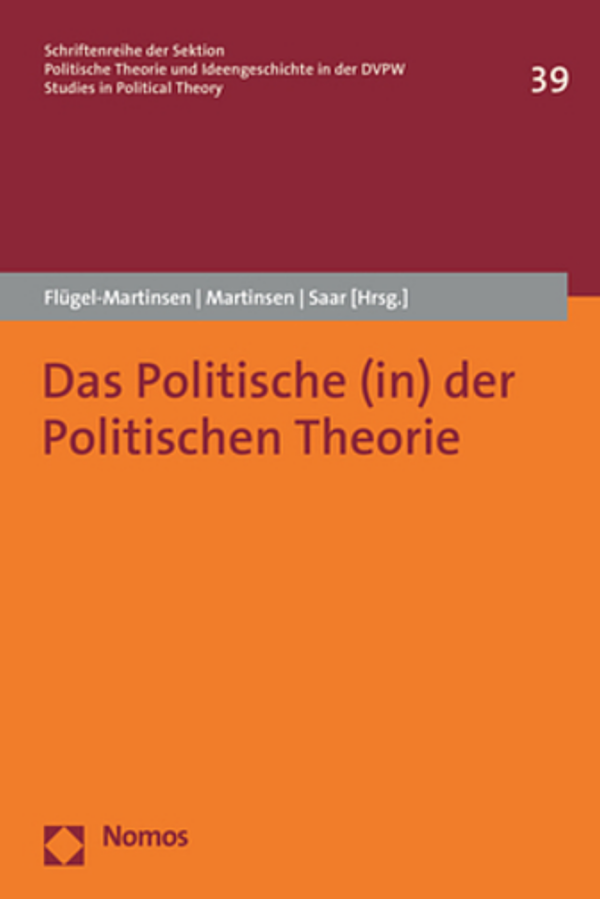 Das Politische und die Option auf Herrschaftskritik, oder: Populismus
Das Politische und die Option auf Herrschaftskritik, oder: PopulismusIn Flügel-Martinsen, Oliver, Franziska Martinsen & Martin Saar (Hrsg.) Das Politische (in) der Politischen Theorie. Stuttgart: Nomos. printISBN: 978-3-8487-8414-1 ebook ISBN: 978-3-7489-2790-7
-
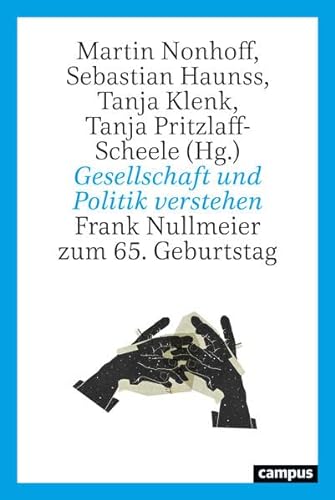 Radikale Demokratietheorie als Gesellschaftstheorie
Radikale Demokratietheorie als GesellschaftstheorieIn Martin Nonhoff, Sebastian Haunss, Tanja Klenk & Tanja Pritzlaff-Scheele (Hrsg.) Politik und Gesellschaft verstehen. Frank Nullmeier zum 65. Geburtstag. Frankfurt/Main: Campus, 49–64. printISBN: 9783593516660 eBookISBN: 9783593453088
-
 Marginalisierung in der Marginalität? Ein Blick auf digitale Räume anhand sprachlicher Konstruktion von randständigen Positionen im Kontext von Asexualität
Marginalisierung in der Marginalität? Ein Blick auf digitale Räume anhand sprachlicher Konstruktion von randständigen Positionen im Kontext von Asexualität„Our mascot should be a unicorn considering how many people don’t believe asexuality is a thing.“[1]
This article discusses marginalisation in internet forums and blogging platforms using the example of asexuality blogs and discussion threads. While large corpora of both English and German, such as COCA and DeReKo, contain hardly any mention of asexuality and these few instances of asexuality and related expressions typically refer to plant biology, online communities do discuss aspects of life as an asexual person and their experiences of marginalization even within the LGBTQ community. Definitions of asexuality, including its delineation from other identities, and how asexual people articulate conflicts and other issues on these online platforms are discussed in detail. Particular attention is paid to how this particular group is constructed by others, how they construct themselves as not being part of the mainstream, and the role (self-)marginalisation plays in this context.
-
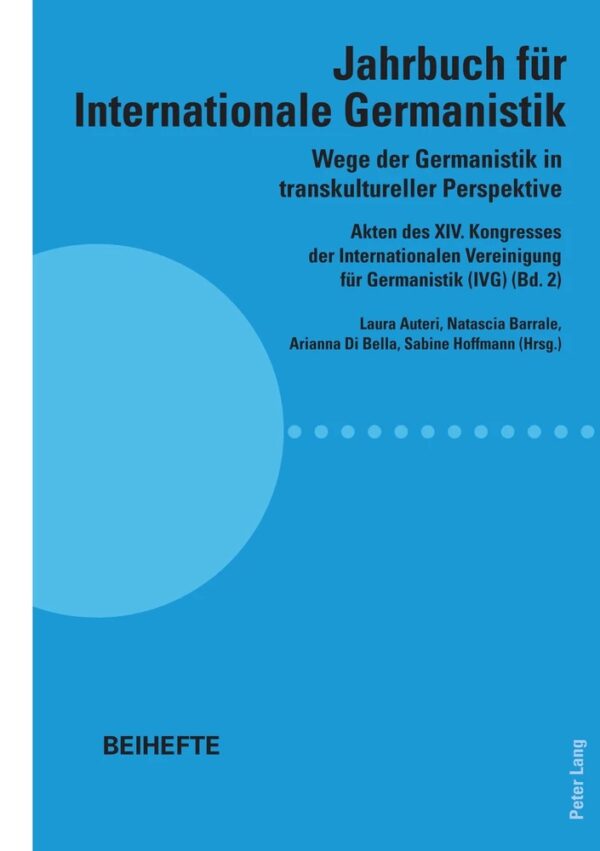 Digitale Räume als Aushandlungsort für Zentralität und Marginalität
Digitale Räume als Aushandlungsort für Zentralität und MarginalitätIn Auteri, Laura, Natascia Barrale, Arianna di Bella & Sabine Hoffmann (eds.) Jahrbuch für internationale Germanistik. Wege der Germanistik in transkultureller Perspektive. Akten des XIV. Kongresses der Internationalen Vereinigung für Germanistik (IVG) 6: 511-515. Bern: Peter Lang Verlag.
-
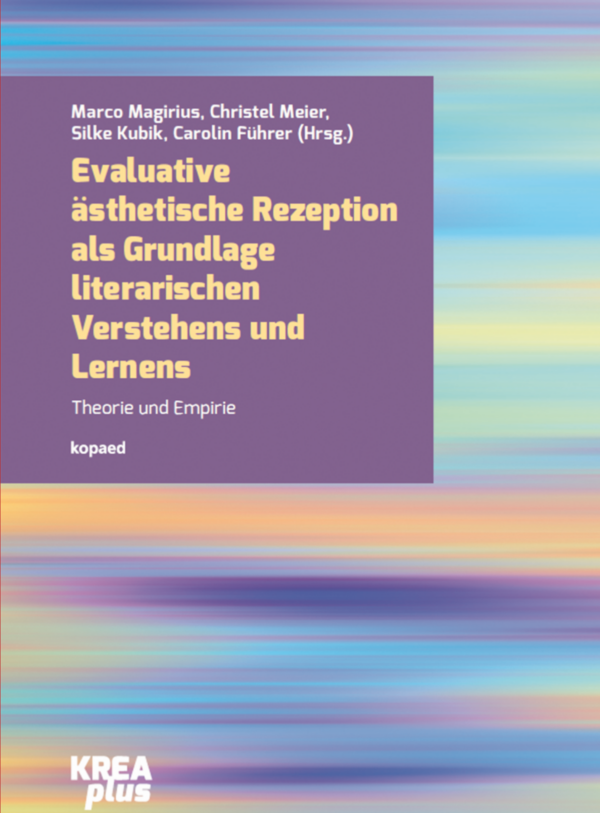 Gänsehaut, Liebe und Langeweile. Sprachliche Konstitution von Emotionen in Laienbuchrezensionen aus dem Schullektürekanon
Gänsehaut, Liebe und Langeweile. Sprachliche Konstitution von Emotionen in Laienbuchrezensionen aus dem SchullektürekanonIn Meier, Christel, Carolin Führer, Marco Magirius & Silke Kubik (eds.) Evaluative ästhetische Rezeption als Grundlage literarischen Verstehens und Lernens: Theorie und Empirie (KREAplus Band 28) 243–256. Muenchen: kopaed. ISBN: 978-3-96848-095-4
-
 »Everything a Learner Needs« – Constructions Of Linguistic and Social Marginality/Centrality In Discourses about (German) Language Learning and Multilingualism
»Everything a Learner Needs« – Constructions Of Linguistic and Social Marginality/Centrality In Discourses about (German) Language Learning and MultilingualismDer Beitrag befasst sich mit diskursiven Darstellungen der Sprachaneignung und von Sprachenlernenden. Er untersucht in einer Kombination quantitativer und qualitativer Ansätze, ob der Status von Lernenden in aktuellen Diskursen als marginal oder zentral konstituiert wird und ob dies in einigen Belegen als Mimikry von Marginalität […]
-
 Zur Ästhetik von Widerspruchspraxen am Beispiel des feministischen Abtreibungsdiskurses in den 1970er Jahren
Zur Ästhetik von Widerspruchspraxen am Beispiel des feministischen Abtreibungsdiskurses in den 1970er JahrenIn this article, the proposal is made to analyse practices of contradiction with regard to their aesthetic potential. On the one hand, this is intended to demonstrate the diverse possibilities of contradiction studies and, on the other, to emphasise the role of aesthetic texts in protest discourses. Texts from the feminist abortion discourse will be used as examples.
-
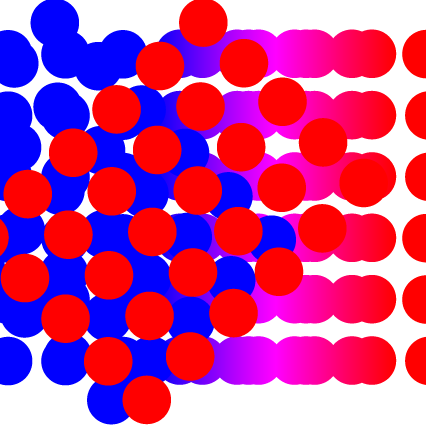 Disruptive und diskursive Ereignisse. Ein Vorschlag zur Ausdifferenzierung mit Beispielen aus dem feministischen Abtreibungsdiskurs Disruptive und diskursive Ereignisse
Disruptive und diskursive Ereignisse. Ein Vorschlag zur Ausdifferenzierung mit Beispielen aus dem feministischen Abtreibungsdiskurs Disruptive und diskursive EreignisseVor dem Hintergrund von Disruption werden in diesem Artikel geltende Konzepte von diskursivem Ereignis hinterfragt und miteinander in Beziehung gesetzt. Die davon abgeleiteten disruptiven Ereignisse werden als eine Subkategorie von diskursivem Ereignis verstanden. Am Beispiel des feministischen Abtreibungsdiskurses wird diesem Ansatz gefolgt und mittels einer Analyse von Praxen des Widersprechens ermittelt, inwieweit durch feministische Akteur*innen die Urteile des Bundesverfassungsgerichts von 1975 und 1993 als disruptive Ereignisse konstruiert werden.
-
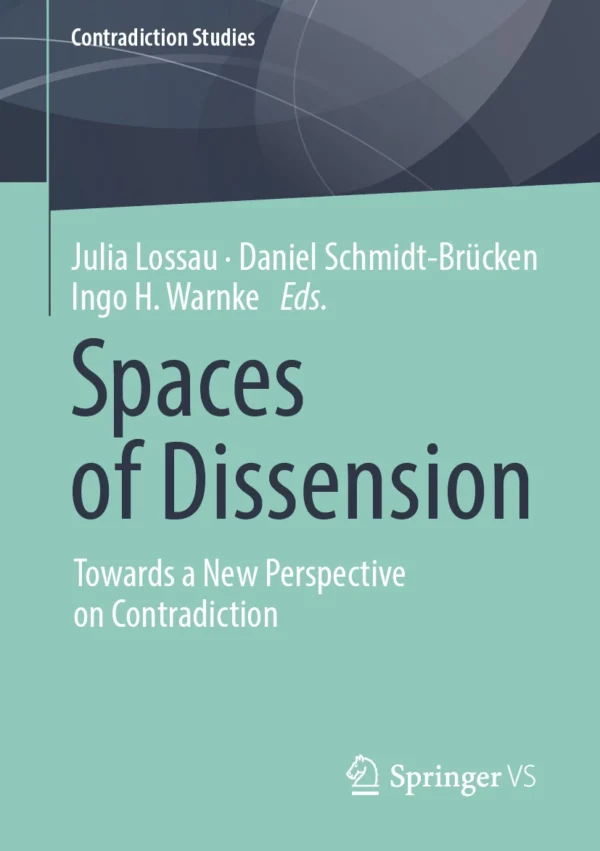 (In)Visible and (Un)Homely. Underground Infrastructures as Spaces of Dissension
(In)Visible and (Un)Homely. Underground Infrastructures as Spaces of DissensionCarving out the paradoxes of underground urban infrastructure, this paper attempts to establish a dialog between infrastructure studies, on the one hand, and Contradiction Studies, on the other hand. It starts from the premise that the technical and political characteristics of infrastructure are only thought of and made visible in case of failure or breakdown.
-
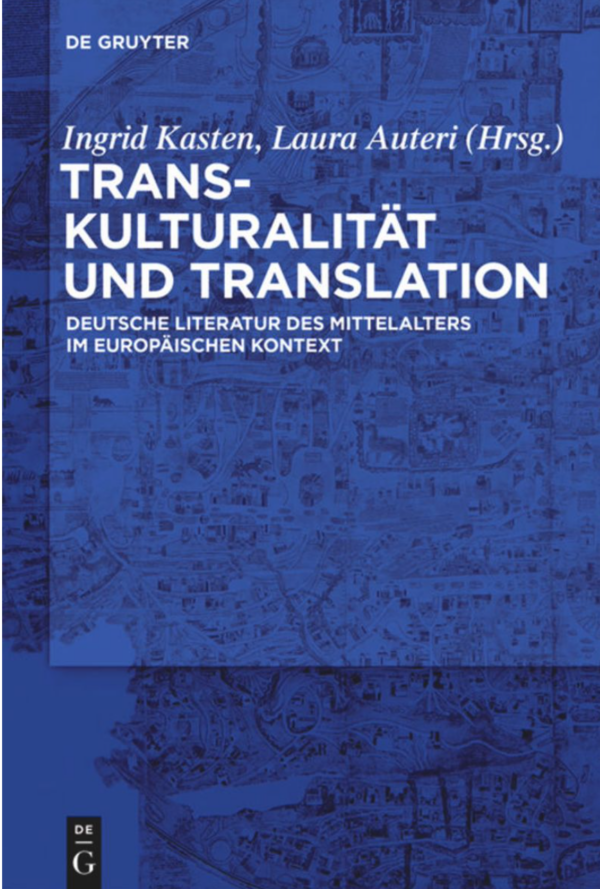 Erzählen in transkultureller Perspektive. Zur Poetologie der Widersprüche in der europäischen Heldendichtung
Erzählen in transkultureller Perspektive. Zur Poetologie der Widersprüche in der europäischen HeldendichtungIn Kasten, Ingrid & Laura Auteri (Hrsg.) Transkulturalität und Translation. Deutsche Literatur des Mittelalters im europäischen Kontext: 243–252. Berlin: De Gruyter. DOI: 10.1515/9783110556438-017
-
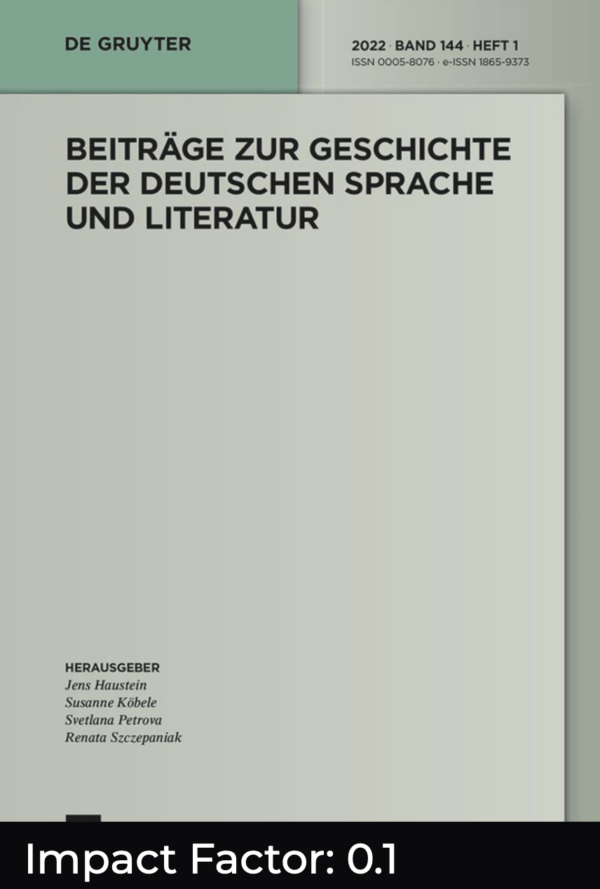 Widerspruch als Erzählprinzip in der Vormoderne? Eine Projektskizze
Widerspruch als Erzählprinzip in der Vormoderne? Eine ProjektskizzeIn premodern narratives contradictions are omnipresent – conflicting concepts, logical inconsistencies, acts of objection. In a narratological perspective ›contradiction‹ – conflicts of incompatible knowledges and narrative patterns; inconsistencies in or between speech (by narrator or characters) and action; contradictory or inconsistent information and motivation – is apt to subvert, complicate, or enrich the textual production of meaning. The project ›Contradiction as a Narrative Principle in Premodern Narrative‹ (University of Bremen) explores different types of contradictions in medieval epic and romance.
-
 Antagonisten im höfischen Roman? Eine Skizze
Antagonisten im höfischen Roman? Eine SkizzeDer Beitrag skizziert Darstellung und vielfältige Funktionen ausgewählter Gegenfiguren im höfischen Roman um 1200. Vom Antikenroman abgesehen begegnen nur selten Gegenspieler auf Augenhöhe, die ein entgegengesetztes Wertsystem repräsentieren und konsequent bis zum Ende gegen den Helden agieren. Die Texte sind protagonistenzentriert; ein gleichwertiges narratives Gegenüber wird kaum entworfen. Insofern wäre der Begriff ‘Antagonist’ für Artus-, Gral- und Tristanroman zu hinterfragen.
-
 „Wildekeit“ und Widerspruch. Poetik der Diskrepanz bei Konrad von Würzburg
„Wildekeit“ und Widerspruch. Poetik der Diskrepanz bei Konrad von WürzburgIn Schröder, Werner, Susanne Köbele, Klaus Ridder, Eckart Conrad Lutz, Ricarda Bauschke, Franz-Josef Holznagel, Julia Frick & Veronika Hassel. 1970. Wolfram-Studien XXV): 323–341. Berlin: E. Schmidt. ISBN: 978-3-503-18148-3 http://opac.regesta-imperii.de/id/2489370
-
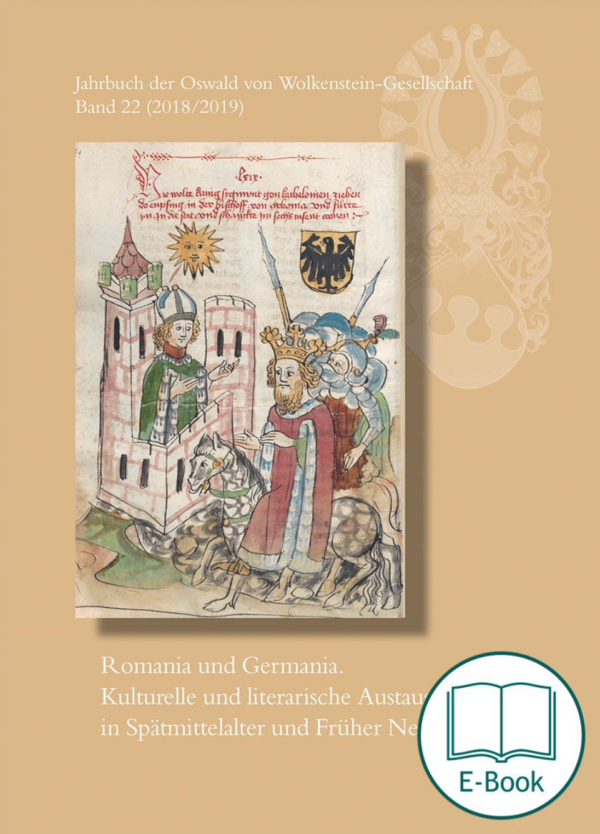 Erzähllogiken transnational. Narratologische Aspekte der Rezeption französischer Heldenepik in frühneuhochdeutscher ProsaErzähllogiken transnational
Erzähllogiken transnational. Narratologische Aspekte der Rezeption französischer Heldenepik in frühneuhochdeutscher ProsaErzähllogiken transnationalJahrbuch der Oswald von Wolkenstein-Gesellschaft, Band 22 (2018/2019): Romania und Germania. Kulturelle und literarische Austauschprozesse in Spätmittelalter und Früher Neuzeit DOI: 10.29091/9783954906765/007
-
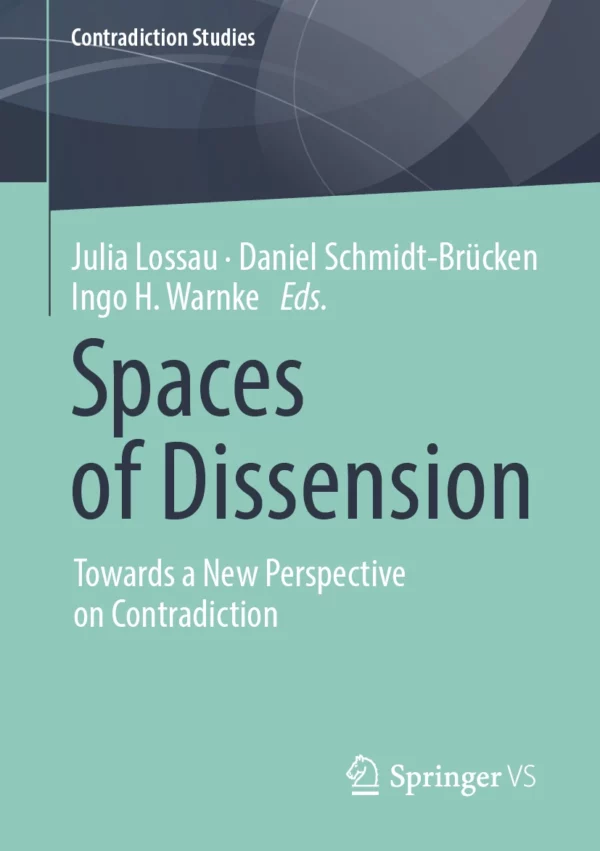 Knowledges and Contradictions in Premodern Narratives
Knowledges and Contradictions in Premodern NarrativesContradiction is not just a (post-)modern phenomenon. In premodern narratives, conflicting concepts and logical inconsistencies are omnipresent. This paper focuses on contradictions interdependent with knowledge: Traditional narratives may aggregate different versions of matters rooted in collective memory (heroic epic) or authoritative sources (romances of antiquity), sometimes without concern for the consistency of their own story. Narrative texts may use contradiction for didactic purposes. Contradictions may result in both construction and deconstruction of knowledge. Strategies of irritation and ambiguity involve recipients in the production of meaning. Thus, the concept of contradiction is apt to redefine premodern narrative strategies.
-
 Widersprüche in heldenepischem Erzählen
Widersprüche in heldenepischem ErzählenThis article (re-)examines (marked) inconsistencies and incompatibilities in Middle High German heroic epic. Those contradictions may result from oral tradition, from the difficulties of transfering oral narratives into literacy, from the conditions of performing from memory, or from traditional narrative regularities of the genre. Frequently, they are striking side effects of a type of narration which is paradigmatic instead of syntagmatic, elliptic and aggregative, scenic and final, and therefore highly tolerant against contradictions of any kind. Contradictions and inconsistencies are (consciously or unconsciously) used (and imitated) as one of the constitutive stylistic features of heroic epic. In some cases, moreover, contradictions and inconsistencies are obviously part of an intentional poetics of contradiction ostentatiously accumulating and exhibiting different layers of knowledge and meaning. The textual strategies of heroic epic, in some respect perhaps of premodern narration in general, tend to favour discrepancies, contrasts, and contradiction instead of nuances, compromises, and smooth transitions.
-
 Idealisierung und Widerspruch. Zur Figurenkonstitution von Rudolfs von Ems Alexander.
Idealisierung und Widerspruch. Zur Figurenkonstitution von Rudolfs von Ems Alexander.In Krotz, Elke, Norbert Kössinger, Henrike Manuwald & Stephan Müller (Hrsg.), Rudolf von Ems. Beiträge zu Autor, Werk und Überlieferung (ZfdA Beihefte 29), 103–116. Stuttgart: Hirzel. printISBN: 978-3-7776-2679-6 eBook ISBN: 978-3-7776-2783-0
-
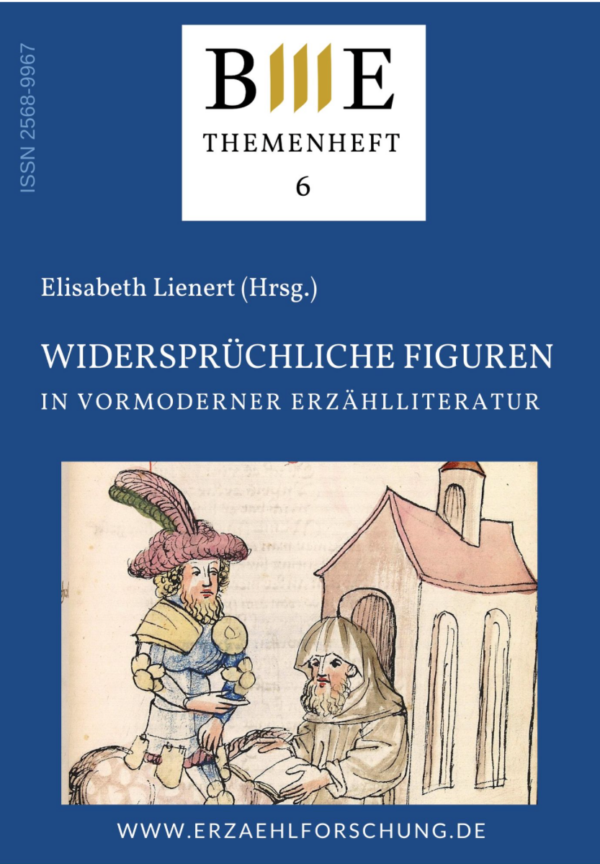 Herrschaft und Macht im Widerspruch. Problematische Könige im ›Nibelungenlied‹
Herrschaft und Macht im Widerspruch. Problematische Könige im ›Nibelungenlied‹Am Beispiel Gunthers, Siegfrieds, Dietrichs von Bern und Etzels im ›Nibelungenlied‹ untersucht der Vortrag Widersprüche zwischen Königsrang und tatsächlicher Handlungsmacht, zwischen Herrscherhandeln und Herrschaftsdiskurs. Sie verweisen auf die gattungstypische Selbstdarstellung des Kriegeradels in der Heldenepik und auf den Primat von Stoffgeschichte und Finalität der Handlung gegenüber der insofern nur ›nachgeordnet‹ widersprüchlichen Figurenkonstitution, aber auch auf Verschiebungen im Herrschaftsdiskurs.